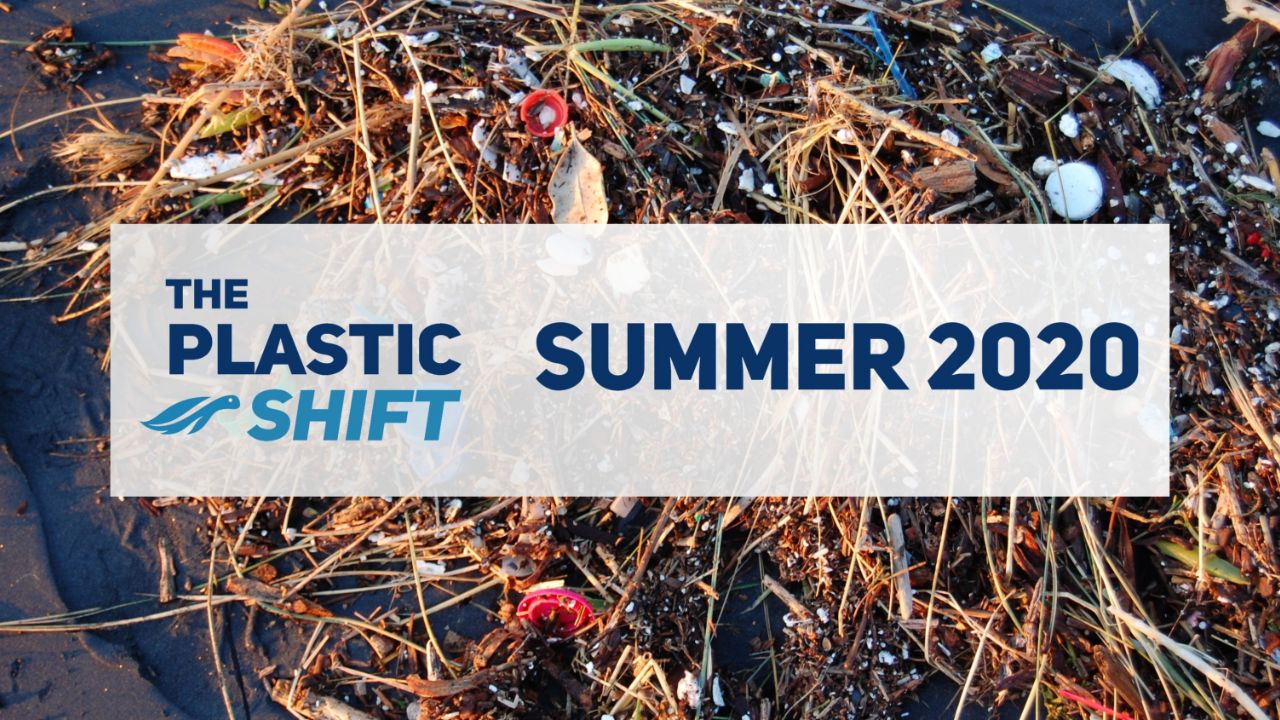After a long summer filled with a lot of growth, we wanted to outline some of our major lessons this past summer.
Summary: Our 8 Biggest Lessons
- At the end of the day, it's the people who say yes to opportunities happening. We were amazed by the amount of support we received on this project and had to learn a lot about how to leverage a network. In fact, by keeping in touch with former connections and maintaining our network, we were given some amazing opportunities that we otherwise wouldn’t have thought were possible.
- Big problems need big solutions. Any solution we work on won't be as big as it could be unless we push ourselves to grow beyond our current skillset. So we need to think backwards from the goal that's needed for the problem to be solved and figure out the skills we'll have to learn to accomplish that. Not look at our current skills as they are and ask ourselves what mediocre impact we can make with them.
- If it's not fun, you won't do it. We've faced a lot of rejection and periods of little progress this summer. At any moment, it would've been easier to quit than to keep going. The reason we kept on going was that we made it fun for ourselves.
- The easiest way to fail is to not have a strong team bond. Not the skills you couldn't figure out or the money you didn't have, because your team can break up well before those problems. The best thing we did this summer was to learn to trust each other and enjoy each others' company. For us, that didn't come from any corporate team-bonding exercises, but from just trying to be close friends.
- It's natural to doubt yourself going into a new industry (especially for us, as we were high school students). But we didn't expect the amount of growth we would have and the support we would receive from others, being 'fresh' in the industry (as one researcher put it). It's okay to feel nervous, but remember that you can probably make more progress than you think if you consistently keep putting in effort.
- Throughout the summer, we've had to transition what we worked on several times. Each time, it felt like the new idea would be the next big thing. And we really didn't know how it would turn out before trying. So even when things didn't turn out right, what kept us going was the humility to acknowledge when something didn't work and the drive to go on and try the next thing.
- Many things are impossible more in your head than in real life. Throughout the summer, we would realise that we didn't know how to cold-email, do sales, design websites, etc. But it was never too hard to get started, with the help of the right people. One of the best ways to grow is to consistently believe in your ability to figure things out.
- The foundational research was the most important part of the project, because the rest of our (more exciting) work relied on it. If we didn't take the time to pause and research an aspect of the problem thoroughly, we wouldn't know how to deeply address it at its root cause months later. After having wasted weeks of time in some areas and not in others, we can now easily identify the areas we didn't research well.
Milestones Along the Way
- We summarised our research into the root causes of plastic pollution with our Manifesto on the most effective areas of work when it comes to solving plastic pollution.
- We started The Plastic Shift Podcast to interview experts in all sorts of specialised aspects of this issue. To date, we've recorded over 12 podcasts with experts on everything from waste in the fishing industry to consumer perceptions of sustainable products.
- We started to work with Plastic Bank, an organisation creating sustainable recycling infrastructure in developing countries. We created educational outreach resources like articles and infographics for their upcoming educational course on plastic pollution!
- We joined the Ellen MacArthur Foundation for a webinar on how youth can get involved in creating sustainable solutions to promote the circular economy!
- We created recommendations for organisations like Plastic Oceans Canada regarding some effective initiatives we thought they might be well suited for. Though they were a bit too busy during the quarantine to take on new projects, we appreciated all their feedback on how to improve our ideas!
- We finished creating articles on the most important aspects of the plastic pollution problem, as well as curating resources for anyone else who wants to look into the problem in the future!
Going forward, we hope these lessons can help us as well as others to not make the same mistakes. We're excited to use these lessons to grow in the future while seeing which new direction we head in!
- Ayleen & Madhav, The Plastic Shift


